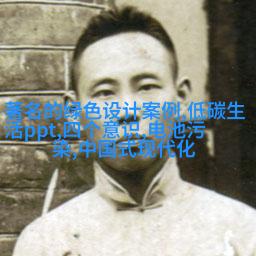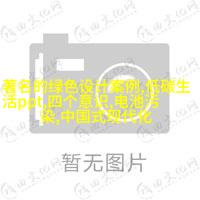固液分离设备中过滤器的应用与选择
过滤器分类与原理

固液分离设备中的过滤器是实现固体和液体相互分离的关键组件。根据过滤介质的形状和排列方式,可以将过滤器大致划分为两类:机械式过滤器和化学活性物质(如活性炭、氧化铁)进行吸附或反应去除污染物的化学处理型过滤器。
选择标准与流程

在选择适合特定应用场景的固液分离设备时,需要考虑多种因素,包括但不限于所处理废水或废气中的污染物种类及其浓度、流速、温度等环境条件,以及对操作成本、维护频率以及最终产品质量等方面的要求。通常情况下,会先通过实验室测试来确定最佳处理技术,然后再选购相应类型和规格的固液分离设备。
应用领域概述

固液分离设备在工业生产过程中广泛应用,如石油化工行业用于提取原油中的无机盐及其他杂质;食品加工厂则主要用于清洗食材并去除残留农药;而在城市生活中,它们也被用于家庭垃圾处理,以回收有用的资源并减少垃圾填埋量。
设计参数优化

在设计固液分离系统时,对于每个单独环节都需精心计算以确保效率高效。在设计過濾器时,必须考虑到孔径大小、孔数密度以及介质层厚度等因素,以达到既能有效地拦截微小颗粒,又能保证通流量足够顺畅的情况。这涉及到复杂算术模型和实际试验验证过程,以求得最佳性能点。
环境保护意义

固liquid separation devices play a crucial role in protecting the environment by reducing the amount of waste generated and promoting sustainable resource utilization. By effectively separating solid and liquid components, these devices help to minimize pollution caused by untreated wastewater discharge or air emissions, thereby safeguarding public health and preserving ecological balance.
未来的发展趋势
The development of advanced technologies is continuously pushing the boundaries of solid-liquid separation systems, enabling them to handle increasingly complex waste streams with greater efficiency and precision. For instance, membrane technology has shown great promise in recent years as it offers higher filtration rates and lower energy requirements compared to traditional methods.
教育培训与人才培养需求
As solid-liquid separation technologies continue to evolve, there is an increasing need for specialized training programs that equip professionals with the knowledge and skills necessary to design, operate, maintain and optimize these systems effectively.
法律法规遵守与安全保障措施
The use of solid-liquid separation equipment must comply with relevant environmental regulations designed to ensure public safety and prevent harm from hazardous substances or pollutants released into water bodies or soil environments during operation.
9结论:
In conclusion, choosing appropriate filter types for specific applications requires careful consideration of factors such as contaminant composition & concentration; flow rate; temperature & pressure conditions; maintenance frequency & costs etc., as well as adherence to regulatory standards ensuring safe operation practices throughout its lifecycle within industrial processes worldwide.
10 谨慎使用指南:
When selecting filters for your application consider factors like particle size distribution particle density type material purity surface roughness porosity permeability etc., also choose right chemicals according quality specifications which are compatible with materials used in manufacturing process plus adhere strictly guidelines provided manufacturer when handling liquids containing contaminants harmful nature lest damage occurs equipment causing costly repairs downtime potentially compromising product quality affecting bottom line performance metrics overall operational efficiency!